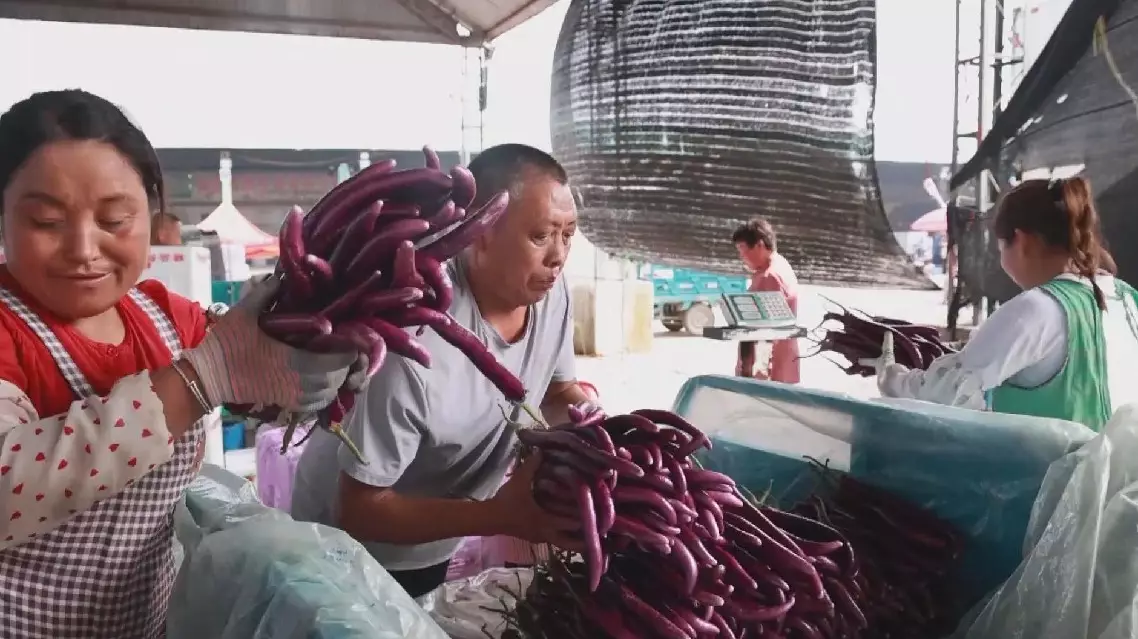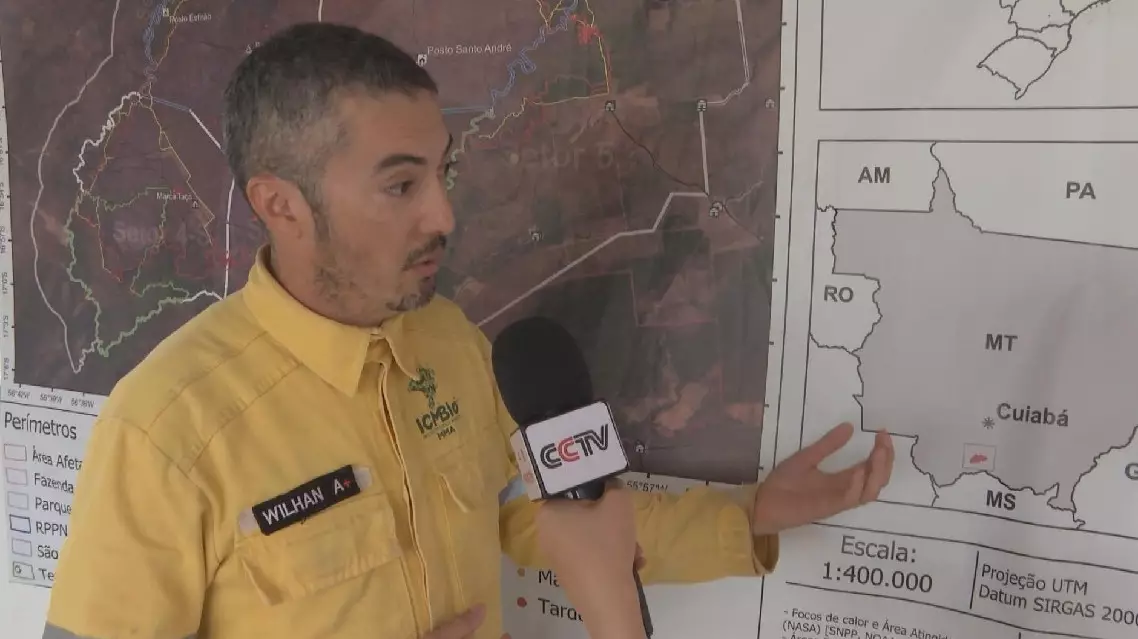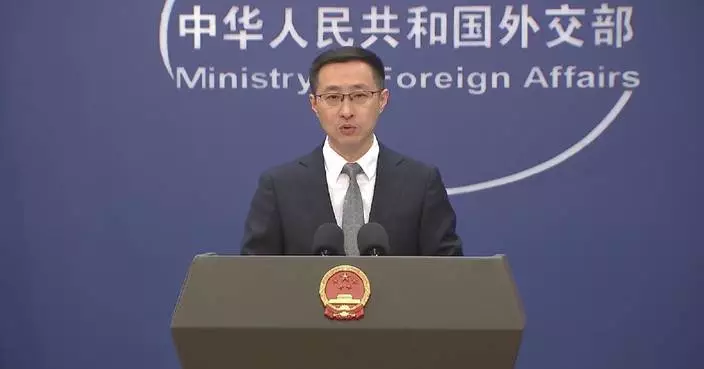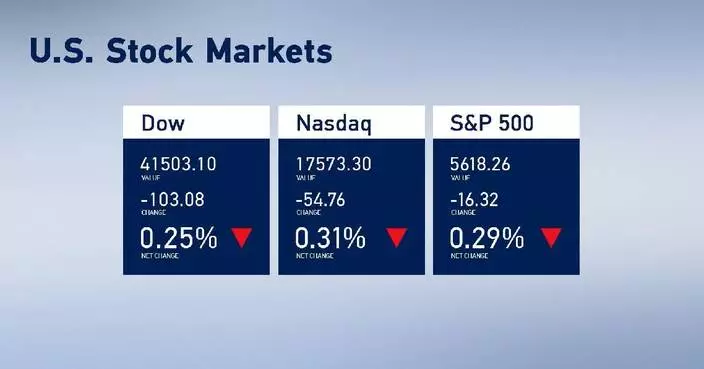Local authorities, farmers and vegetable dealers in Lanling County of Shandong Province, east China, are taking all necessary measures to ensure the stable production and market supply of vegetables after days of heavy rain.
Due to excessive rainfall, vegetables are at risk of plant diseases and pest infestations. The county's agricultural sector has sent agronomists to assist local farmers in mitigating these risks and preventing further losses.
"After the rain, vegetable facilities tend to be overly moist with high temperatures, which create favorable conditions for plant diseases and pest problems. Additionally, the rain-wash can slow the activity of roots, weakening their ability to absorb water and fertilizer," said Wang Hongying, a senior agronomist of the Lanling Bureau of Agriculture and Rural Affairs.
Fast transportation is also crucial for ensuring the vegetable market supply. As a major vegetable-producing area and a hub for regional vegetable transportation, the county's vegetable wholesale market is also coordinating efforts with farmers and dealers to streamline transportation logistics.
"Lanling's vegetable production is currently in a transitional phase between seasons. The market primarily deals in cucumbers, eggplants, green beans, towel gourds, and bitter melons. To stabilize market supply, we have expanded the vegetable procurement and stepped up distribution efforts, primarily sourcing chili peppers from Inner Mongolia and Shouguang City. This ensures that transporting trucks can be loaded and left as fast as possible. We are doing everything we can to ensure the vegetable supply," said Zhou Guiwen, head of the office at Lunan Vegetable Wholesale Market in Lanling Country.
Vegetable prices in China have recently risen due to adverse weather conditions. The measures taken in Lanling County are also part of China's nationwide efforts to stabilize vegetable production and supply, and curb further price increases. And the measures are showing results as Shandong's vegetable prices has gradually retreated.

Rain-hit county takes various measures to stabilize vegetable supply









